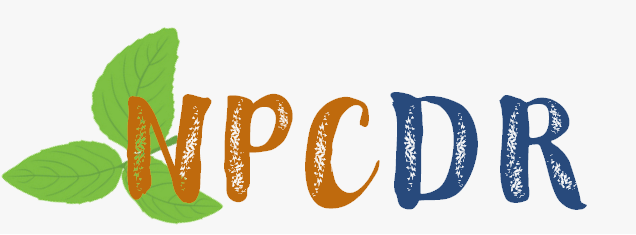Drug Combination Details
| General Information of the Combination (ID: C95085) | |||||
|---|---|---|---|---|---|
| Name | Cardamonin NP Info | + | 5-fluorouracil Drug Info | ||
| Structure |

|
+ |

|
||
| Disease |
Breast cancer
[ICD-11: 2C60]
|
Investigative | [1] | ||
|
Stomach cancer
[ICD-11: 2B72]
|
Investigative | [2] | |||
| Combinatorial Therapeutic Effect(s) Validated Clinically or Experimentally | ||||||
|---|---|---|---|---|---|---|
| α. Enhancing Drug Efficacy by This Combination | ||||||
| Achieving Therapeutic Synergy | Click to Show/Hide | |||||
| Experiment 1 Reporting the Effect of This Combination | [1] | |||||
| Molecule(s)
Regulation |
Down-regulation | Expression | ALDH1A1 | Molecule Info |
Pathway MAP
|
|
| Down-regulation | Expression | CCL2 | Molecule Info |
Pathway MAP
|
||
| Down-regulation | Expression | EZH2 | Molecule Info |
Pathway MAP
|
||
| Down-regulation | Expression | IL6 | Molecule Info |
Pathway MAP
|
||
| Down-regulation | Expression | MYC | Molecule Info |
Pathway MAP
|
||
| Down-regulation | Expression | NANOG | Molecule Info |
Pathway MAP
|
||
| Down-regulation | Expression | p105 | Molecule Info |
Pathway MAP
|
||
| Down-regulation | Expression | PDK1 | Molecule Info |
Pathway MAP
|
||
| Down-regulation | Expression | POU5F1 | Molecule Info |
Pathway MAP
|
||
| Down-regulation | Expression | SETDB1 | Molecule Info |
Pathway MAP
|
||
| Down-regulation | Expression | SMYD3 | Molecule Info |
Pathway MAP
|
||
| Down-regulation | Expression | SOX2 | Molecule Info |
Pathway MAP
|
||
| Down-regulation | Expression | STAT3 | Molecule Info |
Pathway MAP
|
||
| In-vitro Model | SUM190PT | CVCL_3423 | Breast inflammatory carcinoma | Homo sapiens | ||
| MCF-7 | CVCL_0031 | Invasive breast carcinoma | Homo sapiens | |||
| CAMA-1 | CVCL_1115 | Breast adenocarcinoma | Homo sapiens | |||
| In-vivo Model | To establish breast cancer xenografts in nude mice, SUM190 cells were mixed with Matrigel and injected under aseptic conditions into mammary fat pads of nude mice (n = 4-8 for each group, 2 * 106 cells per fat pad). | |||||
| Experimental
Result(s) |
Cardamonin reduces chemotherapy-enriched breast cancer stem-like cells in vitro and in vivo. | |||||
| Augmenting Drug Sensitivity | Click to Show/Hide | |||||
| Experiment 1 Reporting the Effect of This Combination | [2] | |||||
| Molecule(s)
Regulation |
Down-regulation | Expression | ABCB1 | Molecule Info |
Pathway MAP
|
|
| Down-regulation | Expression | CTNNB1 | Molecule Info |
Pathway MAP
|
||
| Down-regulation | Expression | TCF7L2 | Molecule Info |
Pathway MAP
|
||
| In-vitro Model | BGC-823 | CVCL_3360 | Gastric cancer | Homo sapiens | ||
| In-vivo Model | BGC-823/5-FU cells (5*106) were injected subcutaneously into the left flank of six-week-old BALB/c nude mice. | |||||
| Experimental
Result(s) |
Cardamonin reduces 5-fluorouracil resistance of gastric cancer cells through targeting Wnt/beta-catenin signal pathway. | |||||















